Veni Vidi Vacay
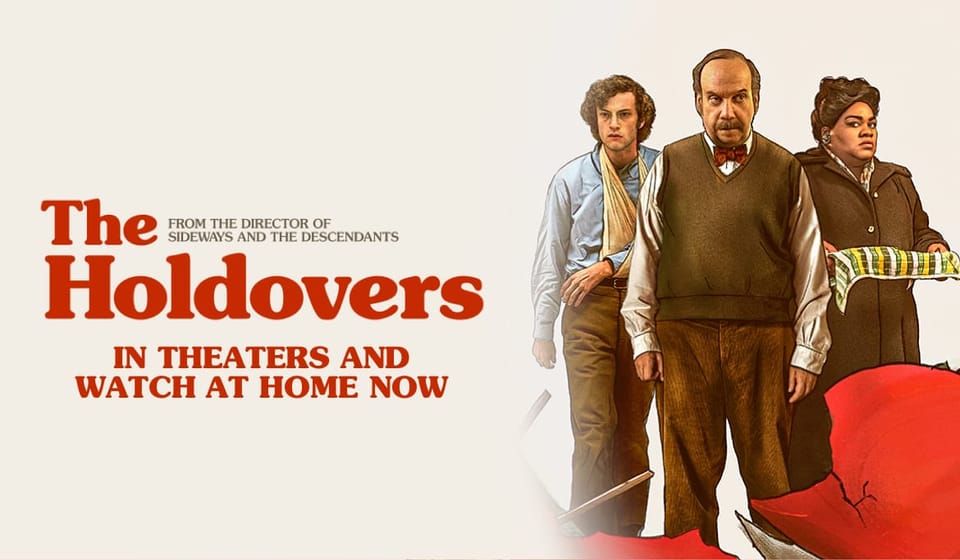
Greetings! This weekend's new movie write-up isn't a brand new release, but rather the beginning of some Oscars catch-up I'll be doing. After the Academy announced their nominees the big theater chains brought a few of them back for a week, and so I got to catch The Holdovers on the big screen after all. A good thing, too, as this is a movie whose visual texture is all about revisiting the heyday of projected film—which makes Cinema Paradiso a better companion piece than I initially thought!
Those who don't know their history may be doomed to repeat it, but those who do can only hope to recreate it. Witness The Holdovers. Before the movie even properly begins, we see the standard production company cards (Miramax, Gran Via, Focus Features) redone in a style that immediately reads as old-fashioned: the lack of motion graphics, gaudy typeface, and texture of actual physical cards all work to immediately evoke a bygone era. Then the movie starts and we see shots of a winter river running alongside a rural-but-affluent Massachussetts community, with a fuzziness to the image quality that blankets one's field of view like the snow we see covering the ground." It's all been painstakingly shot and touched up to evoke the look of 1970s 45 mm film stock as part of the movie's bigger project of feeling like a lost film from America's lost decade, one whose chiefest concern is in fact peoples' relationships not just with each other, but to the past.
The film's earliest scenes are about history, with Paul Hunham (Paul Giamatti), teacher of classics and ancient civilizations at boarding school Barton Academy, giving out the final grades of the semester before Christmas vacation. Paul, a curmudgeon with a heart of cold, regards his young privileged charges with not entirely undeserved disdain and exercises his authority as much for his own satisfaction as their instruction; he gives the students who flunked the exam the option of either accepting the bad grade our doing a re-test, which they will need to study for over their Christmas break. Yet as punishment by his headmaster for not giving a passing grade to the son of an alumni donor senator, Paul is assigned to stay on campus over the break and supervise the handful of students that have nowhere to go. Among them is one Angus Tully (Dominic Sessa), not the worst offender in vulgarly aristocratic self-regard—that would be dumb and cruel Teddy Kountze (Brady Hepner)—but nevertheless a typical example, having previously been kicked out of several other boarding schools and fuming about being left behind for Christmas while his mother honeymoons with his new stepfather. Teddy hates Angus, and both of them hate Paul, and that's before he puts the holdovers through compulsory exercises and learning, all but guaranteeing crappy holidays for everybody.
'Prep school Christmas vacation' is not an exciting premise, and so having not been previously Alexander Payne-pilled I had no interest in catching the movie on its initial theatrical run and skipped it. Silly me. Payne and screenwriter David Hemingson make two important complications: the first is Mary Lamb (Da'Vine Joy Randolph), the school's head cook. Mary's son Curtis graduated from the school just the year before but enlisted in the army and was just killed in action in Vietnam only days before. The school was the last place Mary knew him, and with her grief still fresh she has opted to stay on campus and feed the holdovers during the holiday, putting their situation in uncomfortabe perspective. The second, more successful gambit is to narrow the focus away from he peripheral students to only the most dramatically contrasting characters played by the best actors in the ensemble, Paul, Angus, and Mary. This makes the proceedings much more interesting, not least for how drastically different the stakes for these characters are, but for the attention that is given to the adults' perspectives.
Focusing on the three character sounds like the movie has a composite, triumvirate protagonist, but that is not the case. Mary's story is unfortunately secondary, tertiary even, a subplot meant to clarify the stakes for Angus, for whom military school and then death in the mud and jungles of Vietnam is a dangling sword of Damocles. The movie is upfront about the social inequalities that led Mary's son and no other Barton alums to end up in a flag-draped coffin, but it is not about those inequalities. Mary is less a third protagonist than a thematically resonant sounding board, which leaves Randolph mostly playing either grief or a common-sense foil to Paul. There are vestiges of a subplot involving Danny (Naheem Garcia), the janitor at Barton who kindles a romance with Mary, who gives Randolph more to work with and nicely balances out the cast, but he is introduced late and is mostly peripheral to the action. Payne is not a sociological filmmaker, and I wouldn't want to see him try to be. He is not interested in interrogating class and racial dynamics in the pedagogic reproduction of capital, but rather tweaking the pretensions of the learned men of culture, and he has folded the marginalized perspective into his approach.
For indeed this is a story of learning to see outside of oneself. Paul is an inflexible stick in the ass who demands adherence to the rules, and Angus has gone through life acting like the rules don't apply to him. The combustive comedy of their head-butting is the movie's big appeal, with laughs coming as often from Paul's haughtiness—wielding Latin aphorisms like a stick and calling his students 'cretins' with a short 'e'—as from Angus' derision. Paul is the kind of ivory tower shut-in who will expostulate at length about the historicity of Santa Claus to strangers in a bar, and Giamatti makes the character's loquatious dialogue feel natural, the way a classical actor might tackle Shakespeare, which is not unlike how Paul sees himself. Dominic Sessa, a student of Deerfield Academy, where the movie was filmed, does not nearly have as meaty of dialogue to chew on, but he proves himself a terrific find. He is energized by opportunities to deflect Giamatti's cranky energy back at him, but also maintains the balance of interesting the audience without begging for sympathy. The relationship between the two is funny and increasingly moving as they both grapple with whether history is also destiny.
Within my own admittedly modest understanding of film history, I tend to associate 70s cinema with an attitude of disillusionment with failing systems and institutions. In this respect The Holdovers comes up somewhat wanting. It cares too much about its characters' reconciliation and renewal to be as pessimistic and downbeat as some something like Mikey and Nicky, a gangster story about the past coming due. Its real forebearers are less The Graduate than Dead Poets Society. We used to get successors to that movie, released in 1989, at least once per decade, films about recalcitrant young men having their minds opened to the intoxicating and slightly subversive wonders of the liberal arts by an eccentric, verbose instructor. 1997 gave us Good Will Hunting, 2005 The History Boys. Nothing since then quite fits the bill. Mid-budget dramas faded away as superheroes and legacy IP's swallowed the multiplex over the 2010s, and pop cultural history distended into a never-ending present.
Alexander Payne describes the late 60s and early 70s as "a time when movies were more firmly committed to telling real stories about real people," and on that front The Holderovers is a resounding success. It is not revolutionary cinema—as a decade pastiche it is backwards-looking by definition—but it is perhaps cyclical. Coming off our own era of bloated and regurgitated studio excess, the modest pleasures of the film are a surprise and welcome respite, the kind of thoughtfully entertaining movie we don't get anymore. In kino veritas.
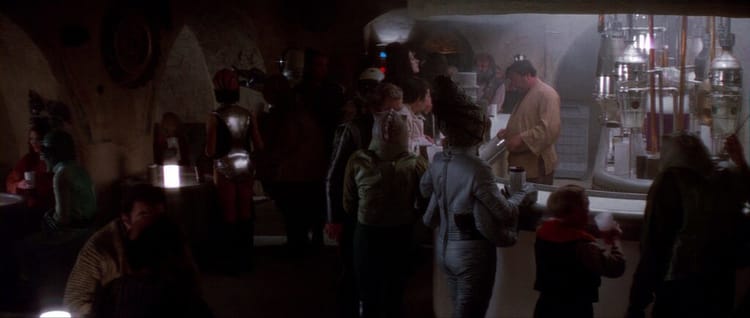
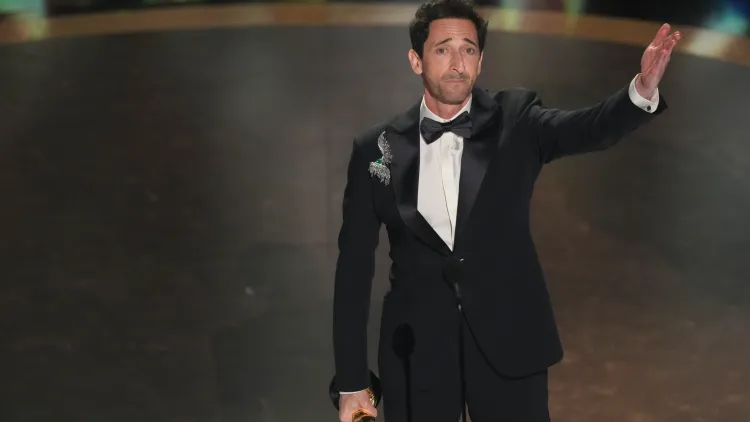
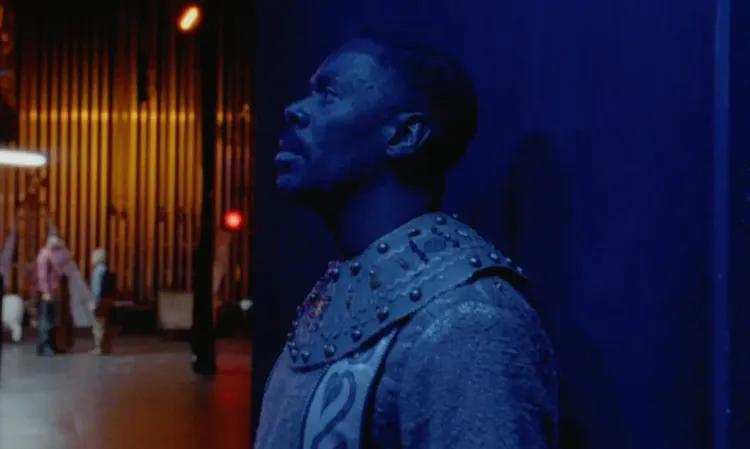

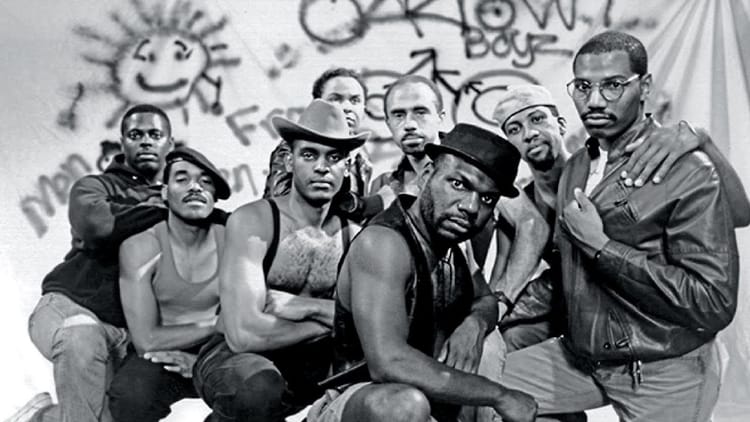
Member discussion